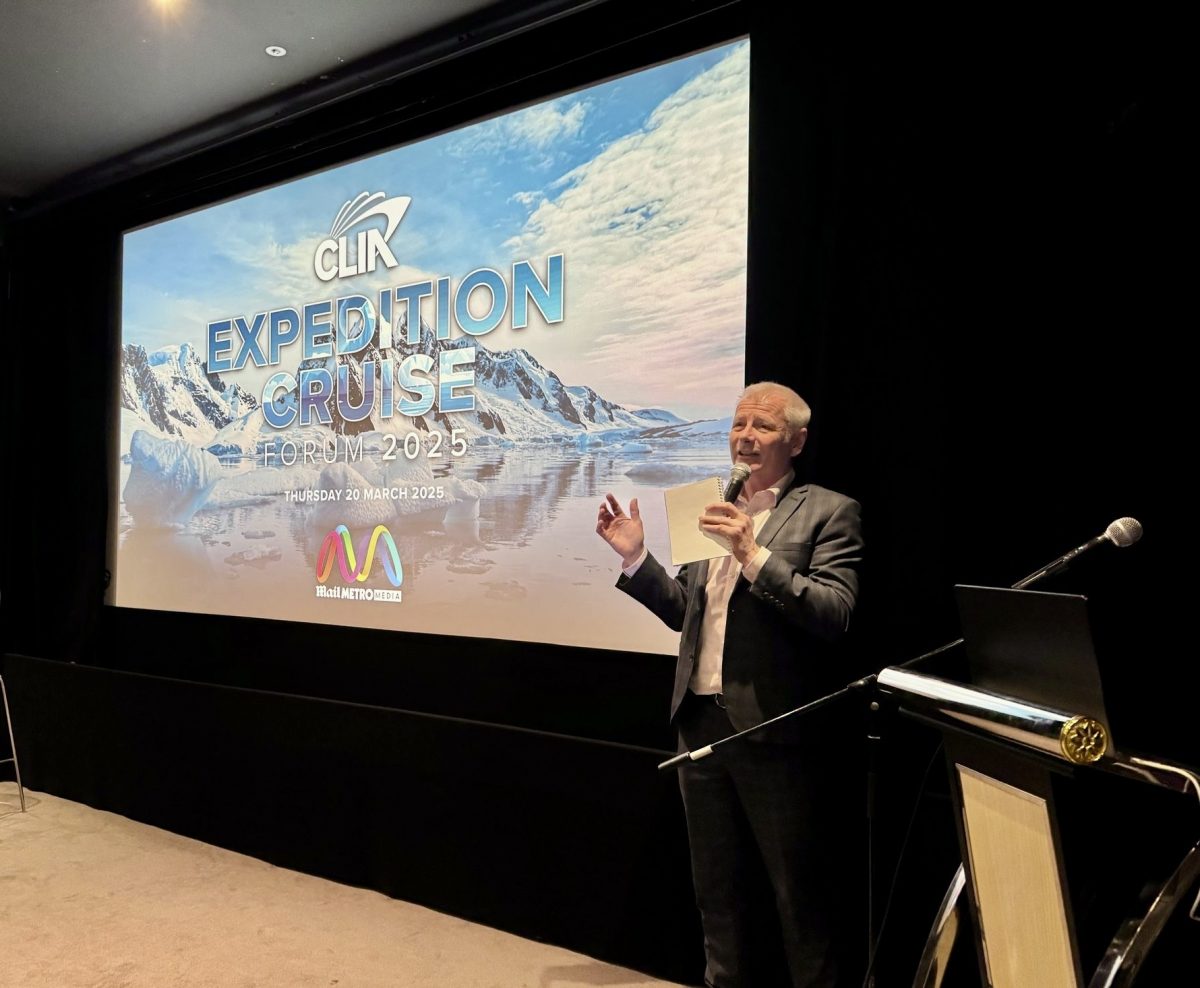Travelmole e-Wire Comment by Dinah Hatch
Everyone knows that January and February are the most depressing months of the year so this column is dedicated to cheering up the inner geek within you.
We may not have any money/a job/a tracker mortgage and the recession may be getting us down dreadfully but what we do have in 2009 is some great technology just around the corner.
I reckon the two most exciting and far-reaching technical innovations are the slow but amazing birth of the semantic web and the welcome arrival, finally, of the mobile phone barcode.
Let’s start with the semantic web. World wide web inventor Tim Berners Lee just doesn’t rest on his laurels, does he?
He has come up with a concept for a technology that will build an intelligent system within the web that understands the relationships between websites and how people use them using algorithms thatpick up on context.
This means that searching for what you want on the web will become much easier as information will be sorted and classified into categories before it gets to you. For an industry like travel, where one Google search results in a ridiculous overload of information, this is great news.
Travel technology guru Paul Richer describes it thus: “The semantic web holds out the prospect for the travel industry of making our products much more accessible. One of the biggest issues of using the web to access travel products is that the consumer can easily suffer from information overload. There is simply too much information for the consumer to sort and filter.”
“The semantic web will mean systems will be able to do a lot of the arduous background research we currently endure when searching for the travel product we want. As the semantic web makes purchasing travel online a better experience, so the proportion of online travel sales will continue to increase.”
An example? Says Richer: “When looking for a flight the consumer will currently search airline sites, online agent sites, meta-search sites. This takes a great deal of time. The semantic web would allow development of "agent" software which could automatically process a complex flight request such as "I wish to travel from London to New York. My dates are flexible but I wish to travel in the next three months. I want the best buy. Purchase if there is a £90 saving compared to other flights, otherwise report.”
Last summer’s purchase of leader in the field US-based Powerset by Microsoft plus the current bunfight amongst venture capitalists to fund start-ups focusing on this area show the semantic web is going to be the next big thing.
Equally as exciting, particularly for retailers of any sort, is mobile phone barcode technology. Thanks to the arrival of the Iphone and the G1, this technology is at last about to achieve lift off.
Basically, the technology allows phones with cameras to take a picture of a barcode, which will then open a browser onto a certain web page. For example, you could be reading a review of a film in a newspaper. At the end of the review will be a barcode which you can snap in order to watch the trailer of the film on your phone you have been reading about. The technology has been there for a while now just waiting for a high enough rate of adoption of smart phones capable of decent displaying of web pages.
It all paves the way for a dizzying array of ways for travel companies to communicate with their would-be customers.
How about a barcode at the end of every brochure’s destination description that will take the reader to a mobile web page with videos and pictures of that destination’s hotels, leisure activities, beaches. Or a poster advertising your travel agency with a barcode at the bottom which users can scan and be led to a page detailing all your latest offers?
The technology frees up the consumer from the need to be in a static environment (like their office) in order to access more information about something they are interested in and by extension seizes the spur of the moment impulse that consumers might have to then make a purchase – an impulse that might have been forgotten by the time they get home to their PC. It also alleviates them from having to punch into their phone a URL – something that smart phone users have historically been reluctant to do.
 United Kingdom
United Kingdom United States
United States Asia Pacific
Asia Pacific












































Royal Caribbean issues Legionnaires’ disease warning
Qatar Airways adding Manchester flights
Jet2 unveils Samos as new Greek destination for summer 2026
EU entry-exit system delayed again
ATC strike in Greece could disrupt flights this week